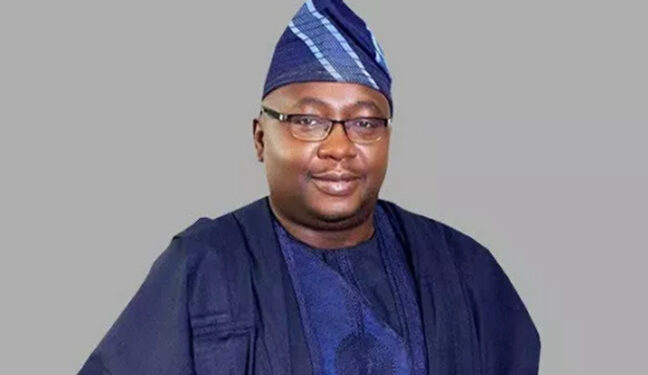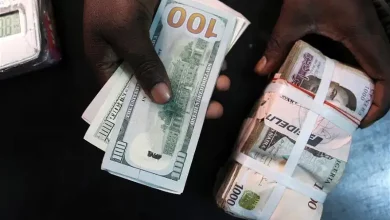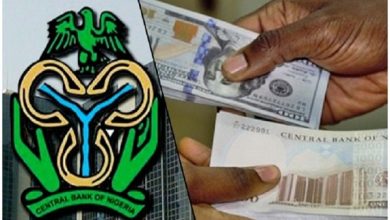Electricity Tariff Will Come Down Same Way SIM Cards, Phones Did – Adelabu

The Minister of Power, Adebayo Adelabu, has claimed that the hike in electricity tariff is temporary
The minister said he is optimistic about the reduction of electricity tariff.
Adelabu disclosed this on Friday during the sectoral briefing by ministers in Abuja.
Recall that on April 3, the Nigerian Electricity Regulatory Commission, NERC, announced a 240 per cent electricity tariff hike for band A customers who receive a 20-24 hour power supply.
After the Nigeria Labour Congress (NUC) and the Trade Union Congress (TUC) called for reversal, the Commission slashed the tariff by N18.
Unsatisfied with the development, the Organised Labour threatened to go on strike.
Meanwhile, Adelabu said the electricity hike for Band A customers was a temporal hardship pending an increase in power sector output.
The minister stated that the tariff is similar to the initial price surge observed in the telecommunication sector, which eventually saw prices decrease over time.
“The electricity tariff might look expensive at the moment. But I’m optimistic that these tariffs will go down. We know how much we were buying SIM cards when the telcos just came. We know how much we were buying telephones.
“But gradually, as we scale up in generation, transmission and distribution, these prices will also decrease. It’s a temporary hardship leading to a permanent gain,” Adelabu said.
In April, SaharaReporters reported how the Socio-Economic Rights and Accountability Project said it was suing President Bola Tinubu’s administration over the arbitrary increase in electricity tariff.
SaharaReporters earlier reported that the Nigerian government had approved N225 ($0.15) per kilowatt-hour tariff increment for Band A electricity consumers in the country.
Band A are those who enjoy electricity supply for 20 hours per day.
The Vice Chairman of the Nigerian Electricity Regulatory Commission (NERC), Musliu Oseni, who made this known at a press briefing in Abuja on Wednesday, had said the increase would see the customers paying N225 instead of the current N66 kilowatt per hour.





